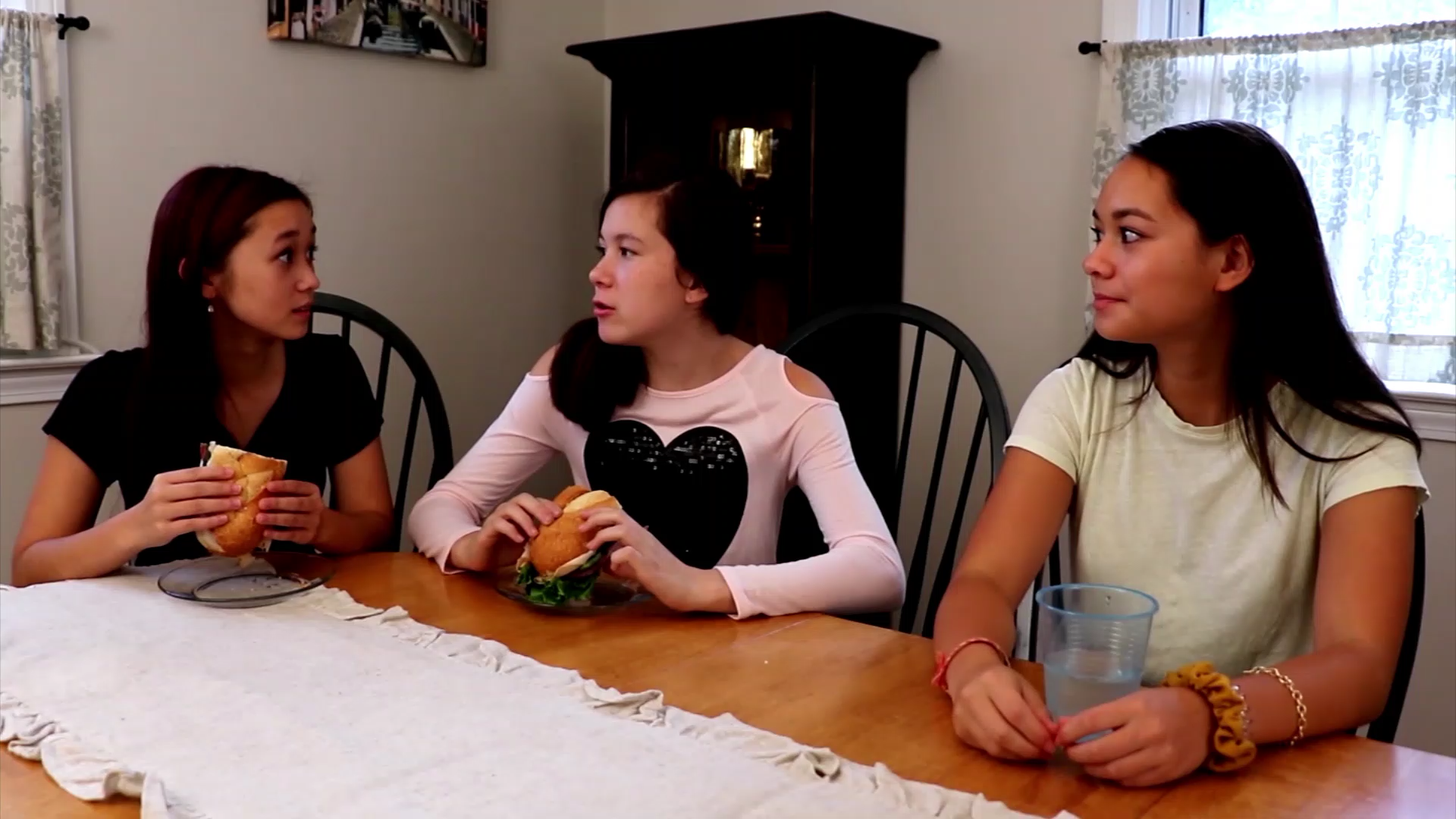
Introduction
Eating at a friend’s house or in any social gathering is an opportunity for elementary students to practice essential social skills. In this blog post, we will discuss the Restaurant Rules, a set of guidelines that help students navigate social events with self-control, hygiene, and manners. By teaching and reinforcing these rules, educators can help students become more responsible and courteous individuals.
No-Prep Activity: The Restaurant Rules Role-Play
This activity requires no preparation or materials from the educator. Divide the students into small groups and assign each group a specific scenario that involves eating at a friend’s house or in a social setting. Ask the students to role-play the situations, making sure to incorporate the Restaurant Rules: self-control, hygiene, and manners. After each group has completed their role-play, have a class discussion about the importance of following these rules and how they contribute to a positive and enjoyable dining experience for everyone.
Discussion Questions
- Why is it essential to follow the Restaurant Rules when eating with others, even at someone’s house?
- How do self-control, hygiene, and manners contribute to a positive dining experience for everyone?
- Can you think of a time when you or someone else didn’t follow the Restaurant Rules? How did it affect the situation?
- What are some strategies to help remember and practice the Restaurant Rules in various social settings?
- How can following the Restaurant Rules help build stronger relationships with friends and family?
Related Skills
Teaching the Restaurant Rules also helps students develop other valuable social-emotional skills, such as:
- Active Listening: Paying attention to others and showing genuine interest in their thoughts and feelings.
- Empathy: Understanding and sharing the emotions of others, which helps create stronger connections.
- Conflict Resolution: Addressing and resolving disagreements in a respectful and constructive manner.
- Respect for Diversity: Appreciating and valuing the differences in others, including their cultural backgrounds and personal preferences.
Next Steps
Now that you are familiar with the Restaurant Rules and their importance in teaching social-emotional skills, you can take the next steps to implement these concepts in your classroom. To access free sample materials and additional resources, sign up at Everyday Speech. You’ll find a wealth of information and activities designed to help educators like you teach valuable life skills to elementary students.

